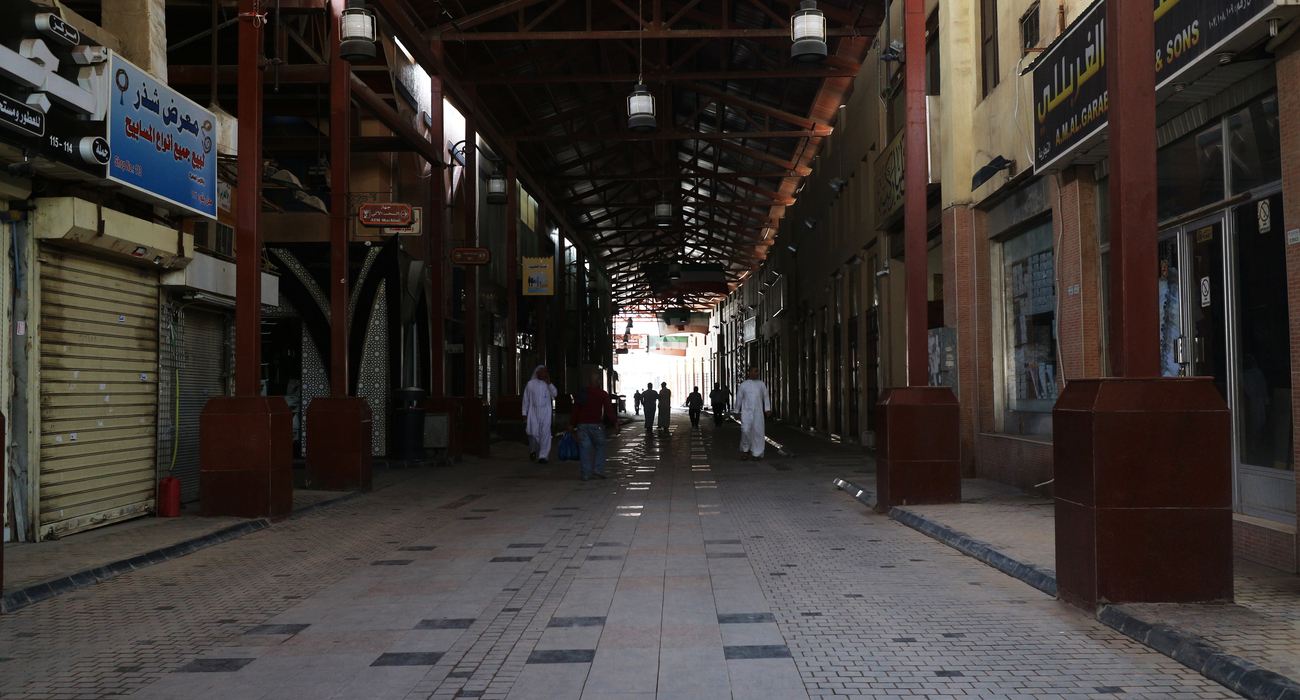
Practical information
North Africa and the Middle East a priori appeared as fragile spaces in the face of the Covid-19 pandemic: significant migratory flows, strong social inequalities as well as in the access to health structures, weak governance, violent protests and open wars could all amplify the health crisis and worsen the general situation.

However, two months after the first lockdown decisions, the region is not in such a bad shape. The contagion is more or less contained and the regimes take advantage of the forced lull to regain their marks. The competition of powers continues to be played out on the fringes of the health crisis, and its outcomes will depend on two factors: the evolution of conflicts, which temporarily evolve beyond the supervision of the international community, and the relative economic resilience of rentier countries, hit hard by falling oil prices.
A videoconference around Dorothée SCHMID, head of Ifri's Turkey/Middle-East program.
Chair :
Thomas Gomart, director of Ifri
This videoconference is for Ifri's members only and it will be conducted in French - Registered participants will receive the access codes a few hours prior to the debate.
Related Subjects
Other events

Paris Naval Conference 2026: Naval Rearmament and Operations in Contested Waters
This fourth edition of the Paris Naval Conference (CNP), bringing together high-level military, industrial, and academic speakers, will address the challenges associated with general naval rearmament and naval operations in increasingly contested environments.





